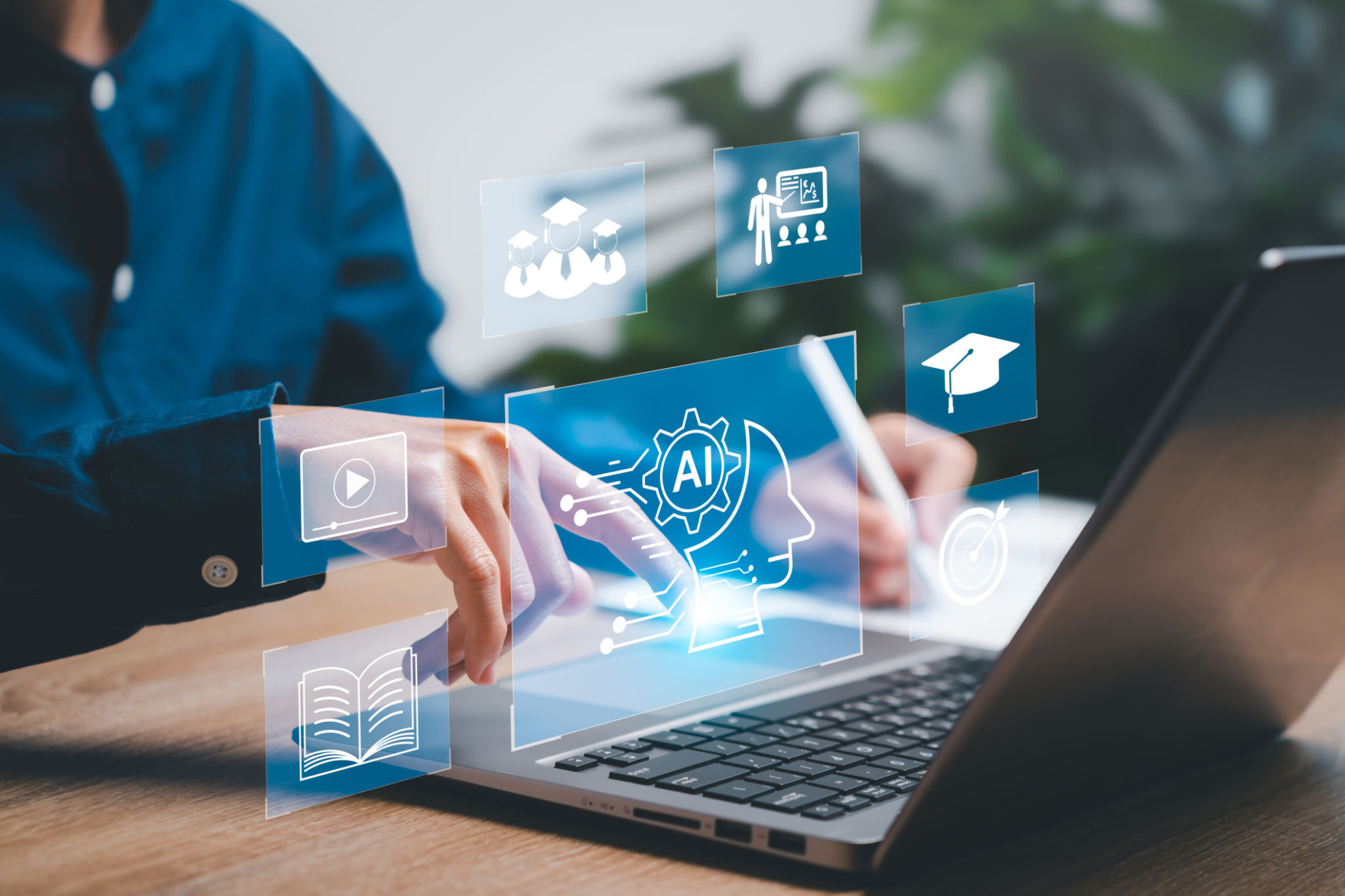Exploring Emerging Technologies in AI Teaching: The Future of Deep Learning Education
Introduction to Emerging Technologies in AI Education
The field of Artificial Intelligence (AI) is rapidly evolving, and as it advances, its integration into educational frameworks becomes increasingly vital. One of the most promising areas of AI development is deep learning, a subset of machine learning that focuses on algorithms inspired by the structure and function of the brain's neural networks. As these technologies emerge, they offer groundbreaking opportunities to revolutionize how we teach and learn.

The Role of Deep Learning in Education
Deep learning has the potential to transform education by providing personalized learning experiences, automating administrative tasks, and offering insights into student performance. By leveraging vast amounts of data, deep learning models can tailor educational content to meet individual student needs, enhancing engagement and boosting learning outcomes.
Incorporating deep learning in education can also streamline routine processes. For instance, grading systems powered by deep learning can evaluate student assignments with remarkable accuracy and speed, freeing educators to focus on more critical aspects of teaching.
Emerging Tools and Platforms
A variety of tools and platforms are emerging to support the integration of deep learning in educational settings. These include:
- Adaptive Learning Platforms: These platforms use AI to personalize learning paths for students based on their performance and preferences.
- Intelligent Tutoring Systems: These systems provide real-time feedback and guidance, simulating one-on-one tutoring experiences.
- Data Analytics Tools: Educators can leverage these tools to gain insights into student progress and identify areas needing improvement.

Challenges and Considerations
Despite the potential benefits, integrating deep learning into education comes with challenges. Privacy concerns loom large as student data is required to train AI models effectively. Ensuring data security and compliance with regulations is crucial to maintaining trust in these technologies.
Additionally, there is a need for educators to adapt to new teaching methodologies. Professional development programs must be implemented to equip teachers with the necessary skills to utilize AI tools effectively. Overcoming resistance to change is equally important to ensure successful adoption.
The Future of Deep Learning in Education
The future of deep learning in education is bright, with ongoing advancements promising even more sophisticated applications. As AI becomes more adept at understanding and predicting human behavior, it will facilitate even more personalized and effective educational experiences.
Furthermore, collaboration between educators, technology developers, and policymakers will be essential in shaping an educational landscape that harnesses the full potential of deep learning while addressing ethical and practical considerations.

Conclusion
The exploration of emerging technologies in AI teaching heralds a new era for deep learning education. While challenges remain, the benefits of personalized learning experiences, enhanced teaching methods, and insightful data analytics are too significant to ignore. By embracing these technologies, we pave the way for a more dynamic and inclusive educational future.